Bankruptcy law can offer you protection from your creditors and the means to obtain a fresh financial start. First, you need to go through a legal process before the court approves your bankruptcy petition and potentially discharges some or all of your debts. An experienced Florida bankruptcy attorney can provide representation throughout the process, giving you key legal advice and ensuring your paperwork is correct.
Below is an overview of the steps you might go through in a bankruptcy case before you can emerge with some financial breathing room. Contact Consumer Law Attorneys now to learn how we can help. We regularly walk clients through bankruptcy cases in Florida, and we can advise on your best options for f
Determining Your Eligibility for Bankruptcy
Assuming you meet the criteria, you can file for bankruptcy in Florida. However, not every type of bankruptcy proceeding may be available to you. Many people think of bankruptcy in the context of Chapter 7, which is where you can have your debts discharged at the conclusion of the process.
However, you must meet the criteria of the means test to qualify, meaning that you can only have a certain amount of income in light of your household size and expenses. Even if you do not qualify for Chapter 7 bankruptcy, you can still seek reorganization under Chapter 13. A bankruptcy attorney can help you determine the form of bankruptcy you may qualify for.
Complete a Credit Counseling Course
Even though bankruptcy is a federal law, each state has its own requirements that apply to your process. Florida is no different. Under Florida law, individual debtors must complete a credit counseling course before they file for bankruptcy. You must complete this class within 180 days of filing a petition.
Draft the Bankruptcy Petition
Drafting and filing the bankruptcy petition is perhaps the most crucial aspect of your case. You will gather your financial documents to assist with your petition and file them with the court as necessary. You need to get the forms right, and there is no room for any mistakes. The bankruptcy petition is a filing with the court, and you can face legal consequences if there are any affirmative misstatements. An experienced Florida bankruptcy attorney can draft your petition for you to ensure it is correct.
The Appointment of the Trustee
Once the court has received your filing, the judge will appoint a bankruptcy trustee to manage your case. The bankruptcy trustee plays a very important role in your case. They are a neutral third party, but it is also their job to ensure that your creditors are paid as much as possible on the debt that they are owed. They may also perform their own investigation of your situation to determine both whether you qualify for bankruptcy and whether you have fully disclosed your assets. The trustee makes recommendations to the court about the progress of your case and ensures that you are following bankruptcy law.
Meeting of the Creditors
Section 341 of the United States Bankruptcy Code requires that the trustee hold a meeting of your creditors. This meeting is critical to the bankruptcy process. You will need to answer questions about your own financial situation under oath. The hearing will be held in front of the trustee, as opposed to a bankruptcy judge. Your creditors have the right to be present. In practice, however, creditors rarely attend this meeting. Your bankruptcy lawyer will represent you at this meeting and prepare you for it.
Complete a Debtor Education Course
No matter the circumstances that led to your bankruptcy filing, the law is concerned about whether you may be back in financial distress in the future. Accordingly, you are required to take a debtor education course while your bankruptcy filing is pending. Completing this course is a prerequisite to a successful bankruptcy filing.
Receive Discharge of Your Debts or a Repayment Plan
The end result that you are hoping for in the bankruptcy process is that you will receive either a full discharge of your debt or a repayment plan (should you file for Chapter 13 bankruptcy). If you have filed for Chapter 7 bankruptcy, you may have needed to surrender non-exempt property to the trustee to satisfy creditor claims. However, you can receive a discharge of qualified debt after the process, which means that you are no longer obligated to pay back the money.
There Is an Automatic Stay in Place
The automatic stay is perhaps the most important protection you have in bankruptcy. As soon as you file for bankruptcy, your creditors must stop all efforts to collect the money that they are owed. This is a strict restriction. The calls you were getting from debt collectors must stop, or else the creditor can face significant consequences. The automatic stay will remain in place throughout the bankruptcy process, allowing you the space to work with your bankruptcy lawyer to get the relief you need.
How a Bankruptcy Attorney in Florida Can Help
You will be working closely with your bankruptcy attorney throughout the process. Their job is to oversee the legal process from beginning to end. A bankruptcy lawyer may do the following in your case:
- Ensure that you understand the law and the legal process
- Draft the necessary filings for the court
- Represent you at the creditor’s meeting
- Guide you through the discharge of your debt and the aftermath of your bankruptcy case
Contact a Florida Bankruptcy Attorney Today
If you are overwhelmed by debt and unsure where to turn, turn to the Consumer Law Attorneys today. We will guide you through every step of the process—whether you’re considering Chapter 7 or Chapter 13—and help you protect your assets, stop creditor harassment, and get the fresh start you deserve.
Contact our office today by messaging us online or by calling us at (877) 241-2200 to schedule a free, confidential consultation and find out if bankruptcy is the right solution for your financial future.

